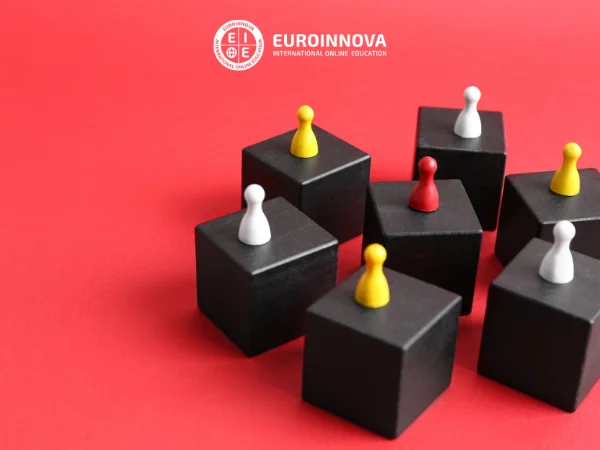Índice
Although each worker is unique and performs a specific function in the company, currently, special interest has been placed in the study of work teams and their promotion, since it has been proven that unity is strength, which improves the work environment and, therefore, productivity. To achieve a business objective, it is important that all teams, within their competencies, row in the same direction, with nine roles in the work team crucial to make this possible. Do you want to know what they are? We invite you to discover it in this post!

Roles in work teams are the specific functions that members perform to contribute to the achievement of the team’s objectives. Each role has defined responsibilities and can vary depending on the individual skills, knowledge and experiences of each team member.
Thus, each group being properly integrated into the business structure is key so that its work is reflected in the organization’s goals and, for this, there are various models that study and define the way of working of each team, thus stipulating the nine roles in work teams.
The nine roles in the work team that we want to talk about in this post are based on the Belbin Model, which consists of identifying nine behavioural styles that people tend to show in a team. These roles, proposed by Meredith Belbin, describe individual strengths and how each person can effectively contribute to teamwork.
Action roles in a team focus on carrying out tasks and achieving tangible results. These roles focus on the execution of specific actions to achieve the team’s objectives and are also subdivided into three more profiles:
The mental roles of the group focus on analysis, idea generation, and the provision of specialized knowledge. Their main tasks are to carry out critical reflections, to develop creative ideas and to provide specialization to the work. Furthermore, within this division, three profiles are distinguished.
Social roles in a team focus on interaction, collaboration, and maintaining effective relationships between members. These roles focus on promoting harmony, facilitating communication, and resolving conflicts within the group to achieve a collaborative environment. Furthermore, we can differentiate three profiles within social roles.
As you can see, all of these roles add great value to work teams, since they promote efficiency, quality and order in each project. That a group is balanced in its profiles is essential, since approaching tasks from different points of view will guarantee a successful and competitive result.
If you have time, you can also read about:

¡Muchas gracias!
Hemos recibido correctamente tus datos. En breve nos pondremos en contacto contigo.